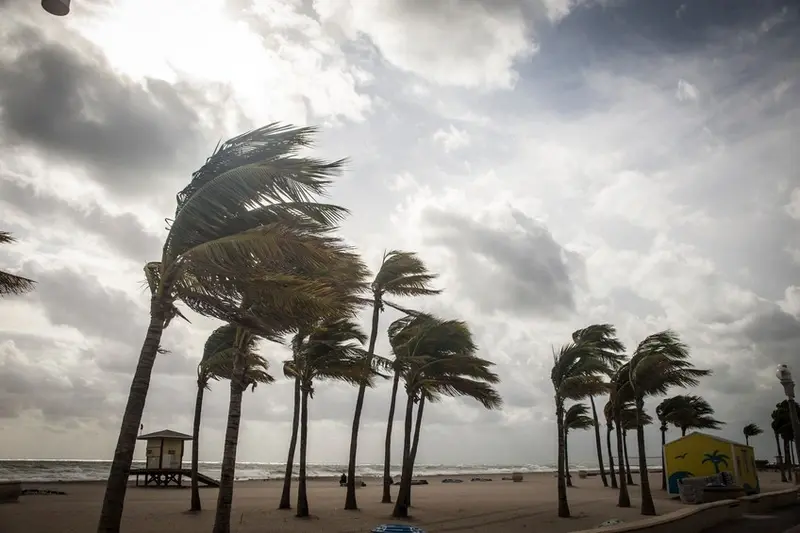
UK property and casualty insurer Lancashire Holdings (LRE) has warned of significant losses from is marine and natural disasters businesses in the wake of a vicious hurricane season.
Shares in the FTSE 250 company slumped nearly 6% to 554p, one of the worst performers across the whole FTSE All-Share index.
Natural catastrophe losses are seen at between $25m and $45m as hurricanes and typhoons damaged property and assets of insurance clients. That's even taking into account recoveries from its re-insurance programme.
Lancashire's marine portfolio has also been hit by ‘loss events’ which will add an extra $30m net loss. Lancashire has exposure to hurricane and typhoon risks in property, cargo, marine and energy.
This means that the company will produce negative return on equity for the third quarter of 2018.
ACTS OF GOD
Lancashire says it would have reported a profit during the third quarter to 30 September, were it not for this run of disasters, highlighting the unpredictability inherent in insuring against acts of God.
Lancashire also cautions investors from reading too much into loss estimates as they stand because of the time it will take to get a full grip on claims and settlements.
Market estimates of total insured losses from Hurricane Florence, which hit the east coast of America last month, are seen anywhere between $3bn and $5bn.
Typhoon Jebi, the strongest storm to hit Japan in 25 years, could spark insured losses of anything up to $5.5bn, according to risk-modelling firm RMS.
GLOBAL WARMING AT WORK
The warning comes as the Intergovernmental Panel on Climate Change (IPCC) issued a report on the danger of global warming which concludes that heavy storms and other extreme weather events are likely to become more frequent and more intense in the future.
In the decade between 2006 to 2015 average land and ocean temperatures rose 0.9 degrees celsius.
The IPCC says this warming was ‘predominantly due to human activity increasing the amount of greenhouse gases in the atmosphere’.
It estimates that if human-induced warming continues at the current rate temperatures could reach 1.5 degrees celcius above pre-industrial levels by 2040.
This increase is likely to produce substantial changes in regional climate with areas of extreme heat getting hotter and those of extreme cold getting colder.
That means an increased risk of ‘heavy precipitation’ events, coastal flooding and damage to infrastructure and assets such as those insured by Lancashire.




